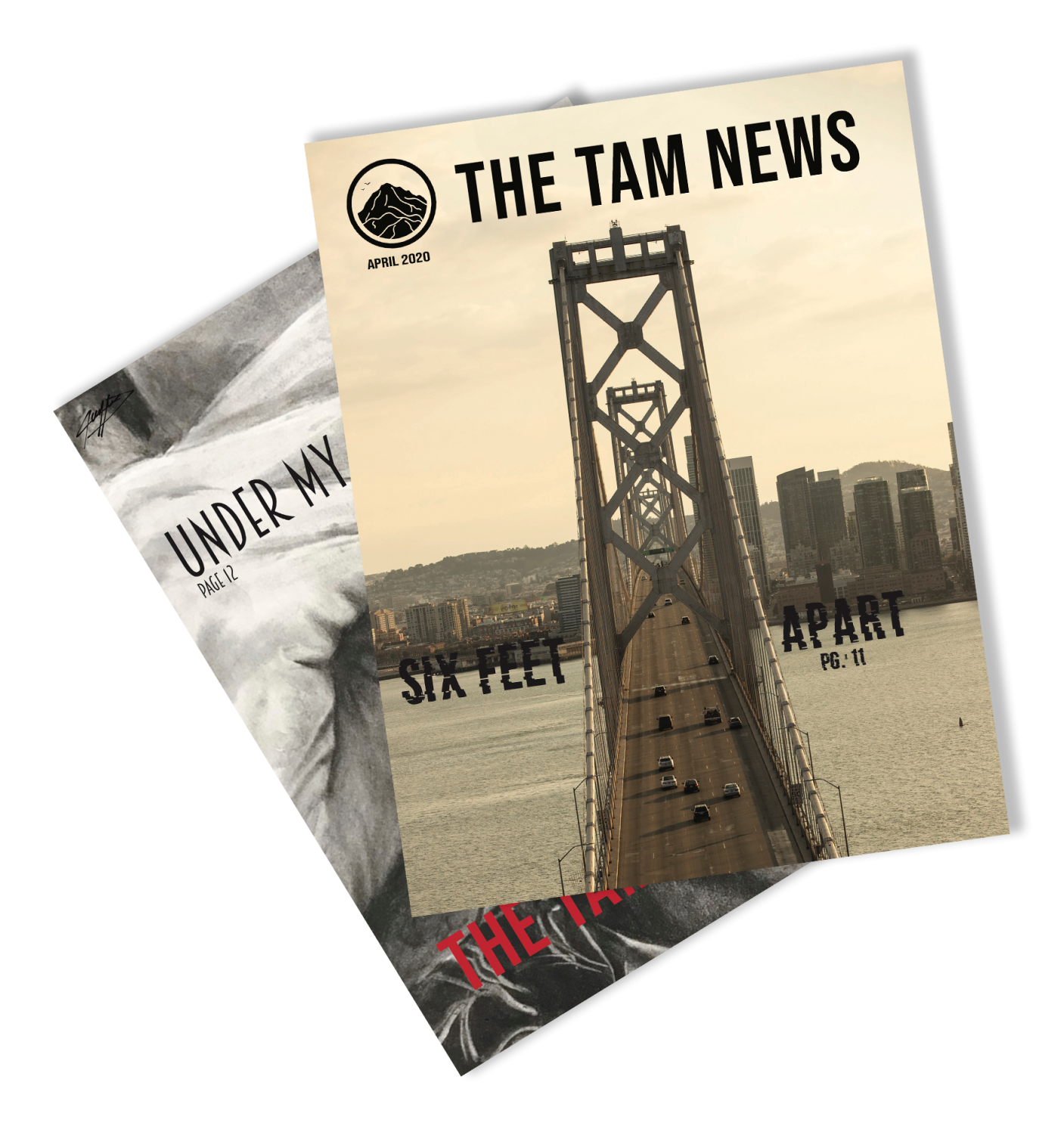Opposed to Prose
Mar 18, 2017
In the early months of the new year, half of the freshman English classes dive headfirst into the world of poetry. Poems are read, analyzed, orated, written, and displayed in a series of exercises and competitions. The nature of the medium ensures that every voiceless teenager is given a chance to speak. It’s a learning experience for everyone. For example, this January I learned that I hate poetry.
Because poetry is art in the same way that a blank white canvas is art. Subjectively, that is, and even then only in the laziest sense of the word. A lot of those voiceless teenagers would do well to remain that way. That isn’t to say that poetry can’t be beautiful, but its lack of an encompassing definition means that anyone can write anything and pass it off as poetry, and that doing so is mandatory, at least in ninth grade, makes everything a thousand times worse.
For instance, the handout that my class received to kick off our poetry unit listed several different forms of poetry: free verse, okay. Haiku. Sonnet. Limerick. And, bafflingly, prose poetry, a style which the handout all but explicitly stated is identical to — wait for it — prose. The Poetry Foundation elaborates on this form on its website, describing prose poetry as “[a] prose composition that, while not broken into verse lines, demonstrates other traits such as symbols, metaphors, and other figures of speech common to poetry.” I might have been swayed by this argument if I hadn’t spent literally every moment of every English class I’ve had analyzing traits like symbols and metaphors in prose. (And the previous sentence of this clearly prosaic essay contains hyperbole, also a figure of speech.)
What’s the difference? Maybe it’s something that I, certainly no connoisseur of higher art forms, am unable to understand. Maybe not. That’s not a problem in and of itself. My objection is that if prose is poetry and non-prose is poetry, any and all forms of writing can be called “poetry” — so that term loses all meaning.
So ignore prose poetry, you’re thinking, but prose poetry is only a symptom of a bigger problem. High school freshmen are understandably not the world’s best poets, and that’s okay. But claiming that poetry has no restrictions, especially without analyzing what makes a poem “good” or “bad,” can’t possibly make students better poets, and might in fact make them worse. This isn’t a jab at Tam’s teachers — technically, poetry doesn’t have restrictions, and so making generalizations about it isn’t an easy thing to do.
But if the pitfalls of poetry are most evident in the work of amateurs, they certainly aren’t limited to them. Take the poem “This is Just to Say,” by (renowned poet) William Carlos Williams.
I have eaten
the plums
that were in
the icebox
and which
you were probably
saving
for breakfast
Forgive me
they were delicious
so sweet
and so cold
Which is just to say: okay, and? William Carlos Williams (who if nothing else should be admired for his awesome name) was an excellent poet. But that “This is Just to Say” is one of his most famous works is bewildering. Imagine that Williams is in high school, decades away from becoming a published poet. If he turns in a poem about stealing plums from the icebox, no one’s going to hail him as a visionary. Oh, that William(s), they’ll say, chuckling. What a jokester. Which implies that maybe “This is Just to Say” is famous because its author is as well, and that if it as a poem has any merit, we only know to look for that merit once given outside information. But in a room full of freshmen, there isn’t any outside information, no one’s a published poet, and as a result their poems have to be taken at face value. And “face value” in this context is really, really bad.
The other thing is that of course poetry isn’t always bad, and of course every form of art contains an uncomfortable number of subpar works. But although there are students at Tam who are brilliant artists and writers and musicians, brilliant poets, if they do walk among us, number few and far between.
Maybe being forced to write poetry makes students worse at it. Maybe poetry’s lack of rules means that it inherently can’t be taught, regardless of the end results. Maybe I have no issues with the form itself, but recognize that I am personally an awful poet, and am trying to excuse that lack of skill by shifting the blame in this essay. Who knows? Prose, as with everything, is subjective.



